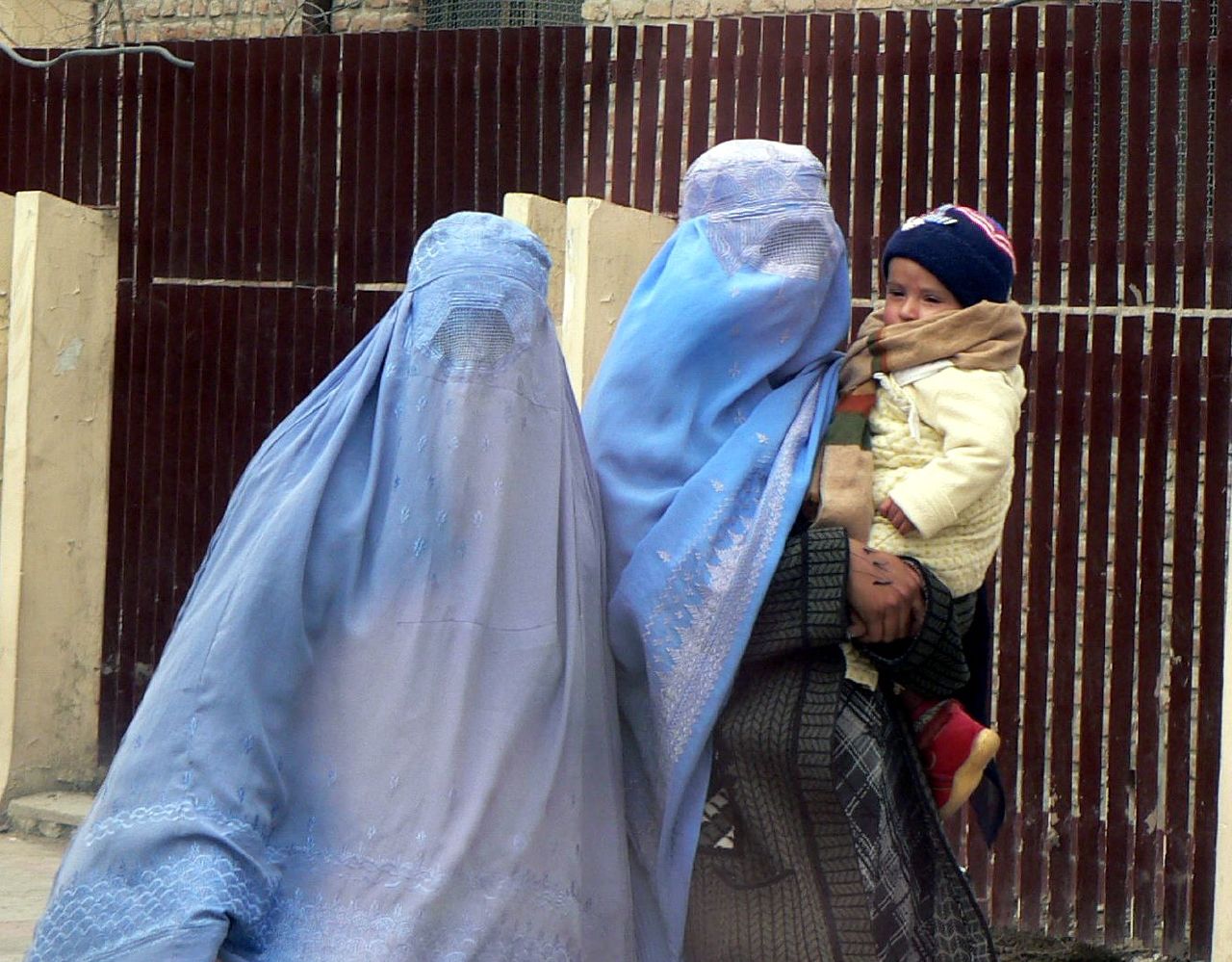- About
- Topics
- Picks
- Audio
- Story
- In-Depth
- Opinion
- News
- Donate
- Signup for our newsletterOur Editors' Best Picks.Send
Read, Debate: Engage.
| topic: | Women's rights |
|---|---|
| located: | Afghanistan, Qatar |
| editor: | Manija Mirzaie |
On 30 June and 1 July, a handful of men from Afghanistan will join mostly men from different parts of the world, representing various countries and stakeholders, for the third round of talks about Afghanistan.
The forthcoming conference will take place in the Qatari capital, Doha, which staged the marathon round of talks between the United States and the Taliban three years back, leading to the return to power of the group in August 2021.
Since then, there have been multiple regional and global efforts to reach an agreement on the future outlook of the war-ravaged country, but none have led to any substantial breakthrough, resulting in the abandonment and isolation of Afghanistan.
To date, no country has officially recognised the Taliban regime; the country's banking system and other international engagements remain subject to crippling isolation as the group in command continues to defy domestic and international calls to recognise and respect women's rights. Against this backdrop, the latest round of talks is pivotal as the Taliban has agreed to participate and listen to the world's demands.
The Taliban-run foreign ministry has said its decision to attend this conference results from months of engagement with the United Nations and deliberation over the agenda and participants. The Taliban warned of backlash and even an absolute boycott of this massive diplomatic push if its demands in this regard are not met.
The UN did not invite the Taliban to the first Doha meeting in May 2023, and the Afghan rulers refused an invitation to the second this past February when the UN did not agree to ban women from participating in the conference.
"These conditions denied us the right to talk to other representatives of Afghan society and demanded a treatment that would, to a large extent, be similar to recognition," said the UN Secretary-General António Guterres when he rejected the Taliban's demands last time.
The question at this conference will be whether the Taliban can be made to acknowledge and respect women's rights or whether the interests of the global power overshadow that in this never-ending chess of geopolitics.
Now, the fact that it has taken almost three years to bring the group to the negotiation table demonstrates how fragile and slow these talks have been at a time when the country faces the worst humanitarian crises. Meanwhile, Afghanistan's women cannot attend school above grade six, work or leave the house unattended, among other restrictions and seclusion.
Since its takeover in August 2021, the Taliban imposed restricting policies on women and girls despite initially promising a more open rule when they assumed power.
All eyes are on Doha again to see what the men are going to decide for the women in Afghanistan.
Image by ekrem.

